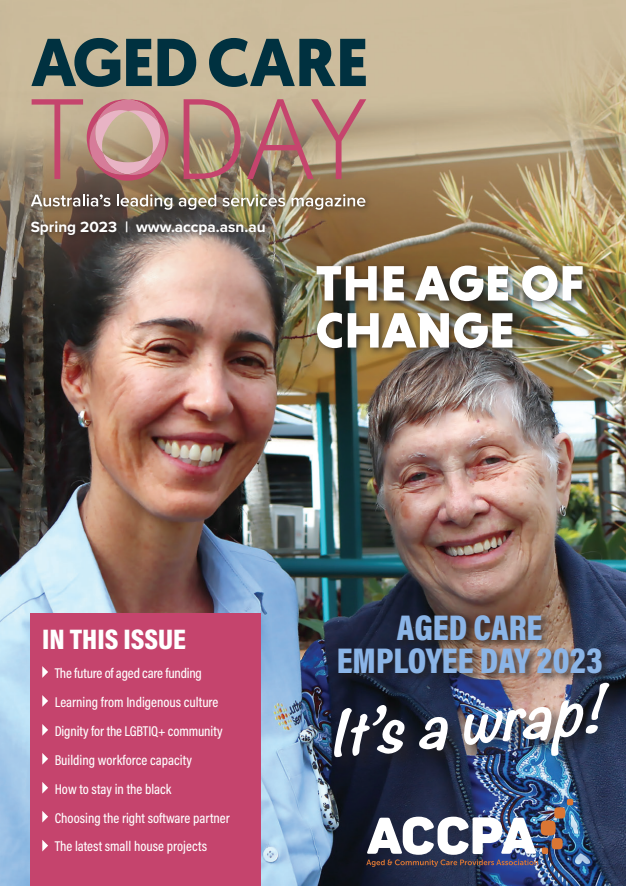Visualising data via dashboards can benefit and assist clinical managers in identifying patterns and highlighting important issues in multiple ways.
Falls, for example, remain a leading cause of hospitalised injuries and injury deaths among older Australians, making up 77 per cent of all injury hospitalisations and 71 per cent of injury deaths in people aged 65 and over. Residential aged care quality indicator data from 2021-22 shows that almost a third of aged care residents experienced a fall each quarter, with over 2 per cent of falls causing a major injury.
While the approach to falls prevention is multifactorial, dashboards can provide a visual evaluation of the effectiveness of current prevention strategies. By collating and analysing valuable data such as current medications, mobility status, time and location, providers can form the foundation of a trend analysis. By analysing variables, clinical managers can gain a more comprehensive understanding of fall incidents and adjust strategies as required.
Analytical dashboards can also be set up to track Quality Indicators, such as pressure injuries, use of physical restraint, unplanned weight loss and medication management. Managers are able to view how a single facility is tracking or gain a view across multiple sites. By analysing these indicators, clinical managers can identify potential areas for improvement and take steps to enhance the quality of care provided.
Dashboards can also be configured to capture how an organisation is faring in regards to the Quality Standards. For example, feedback and complaints (Standard 6) across multiple sites can be collated and reviewed via a dashboard, allowing managers to pinpoint areas for possible improvement.
From 1 October 2023, the average of 200 minutes of care will become mandatory for residential aged care homes – and having a clear oversight of staffing ratios and case mix adjusted care minutes targets will be vital for providers.
The star rating system for all residential aged care facilities went live in December 2022. Current awarded star ratings were taken from a time when the sector was not required to meet the 200 minutes of care. In order to retain or boost their rating, providers will need to have ample reporting and tracking mechanisms in place.
Using a software platform such as eCase, which has been developed by Health Metrics, will allow managers to plan and manage staff levels according to care needs and to predict labour hours required by resident ratios. Managers can then use the eCase dashboards to monitor staffing levels, nurse to-resident ratios and total staffing hours. Facility profiles enable the re-engineering of rosters and the redefining of staff resident ratios, while estimating AN-ACC funding and required care minutes. The eCase dashboard data can easily be exported in a variety of formats for reporting purposes.
Dashboards can enable managers to visualise the performance of single or multiple facilities as measured by the four dimensions that make up the star ratings – resident experience (33 per cent overall rating), compliance (30 per cent), staffing (22 per cent), and quality measures (15 per cent).
By connecting dashboards to these metrics or other key performance indicators (KPIs), managers can gain vital business intelligence along with the ability to dive deep into specific pieces of information to continually monitor success.
Analytical dashboards enhance communication, enabling clinical managers to share key data points and insights with their teams, facilitating greater collaboration and understanding. This can help identify areas for improvement and ensure that all staff are aligned and working towards common goals.
Utilising analytical tools can provide invaluable efficiencies, allowing teams more time to action insights they discover. Used correctly, data can be an empowering way to understand your organisation’s best next steps whilst making informed decisions based on real-time data.







